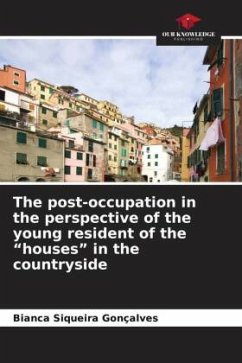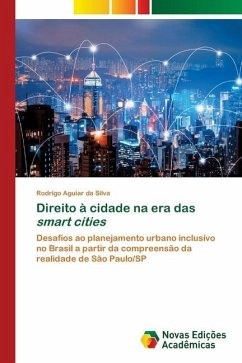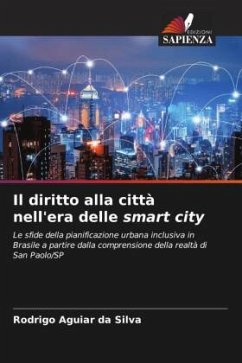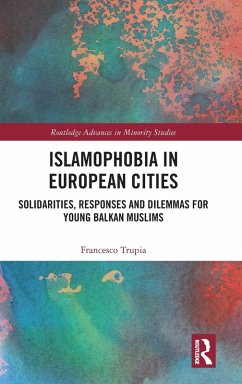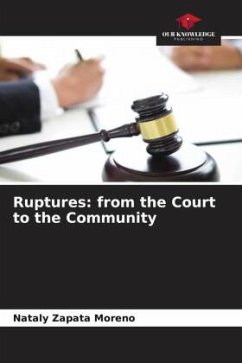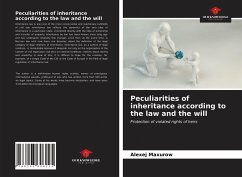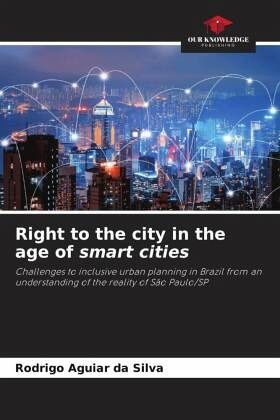
Right to the city in the age of smart cities
Challenges to inclusive urban planning in Brazil from an understanding of the reality of São Paulo/SP
Versandkostenfrei!
Versandfertig in 6-10 Tagen
40,99 €
inkl. MwSt.

PAYBACK Punkte
20 °P sammeln!
This book is the result of research developed in the Master's thesis at the Postgraduate Program in Law at the Federal University of Santa Maria. Its central object is smart cities, a theme of growing relevance today, which aligns information and communication technologies and urban planning.It presents the history of urban and technological growth and its influence on the advent of smart cities, from the economic perspective of technological application in the urban sphere. In a second moment, we discuss the social and urban demands of socially and digitally excluded citizens in the Brazilian...
This book is the result of research developed in the Master's thesis at the Postgraduate Program in Law at the Federal University of Santa Maria. Its central object is smart cities, a theme of growing relevance today, which aligns information and communication technologies and urban planning.It presents the history of urban and technological growth and its influence on the advent of smart cities, from the economic perspective of technological application in the urban sphere. In a second moment, we discuss the social and urban demands of socially and digitally excluded citizens in the Brazilian urban peripheries, emphasizing the urban social function as one of the necessary elements for the smart city, besides highlighting the limits and possibilities of public policies and private initiatives to make urban technology accessible and socially referenced. Finally, we analyze whether the current smart city model in São Paulo/SP meets the urban social function and technology from the perspective of the right to the city, based on a survey of data available on selected websites.



